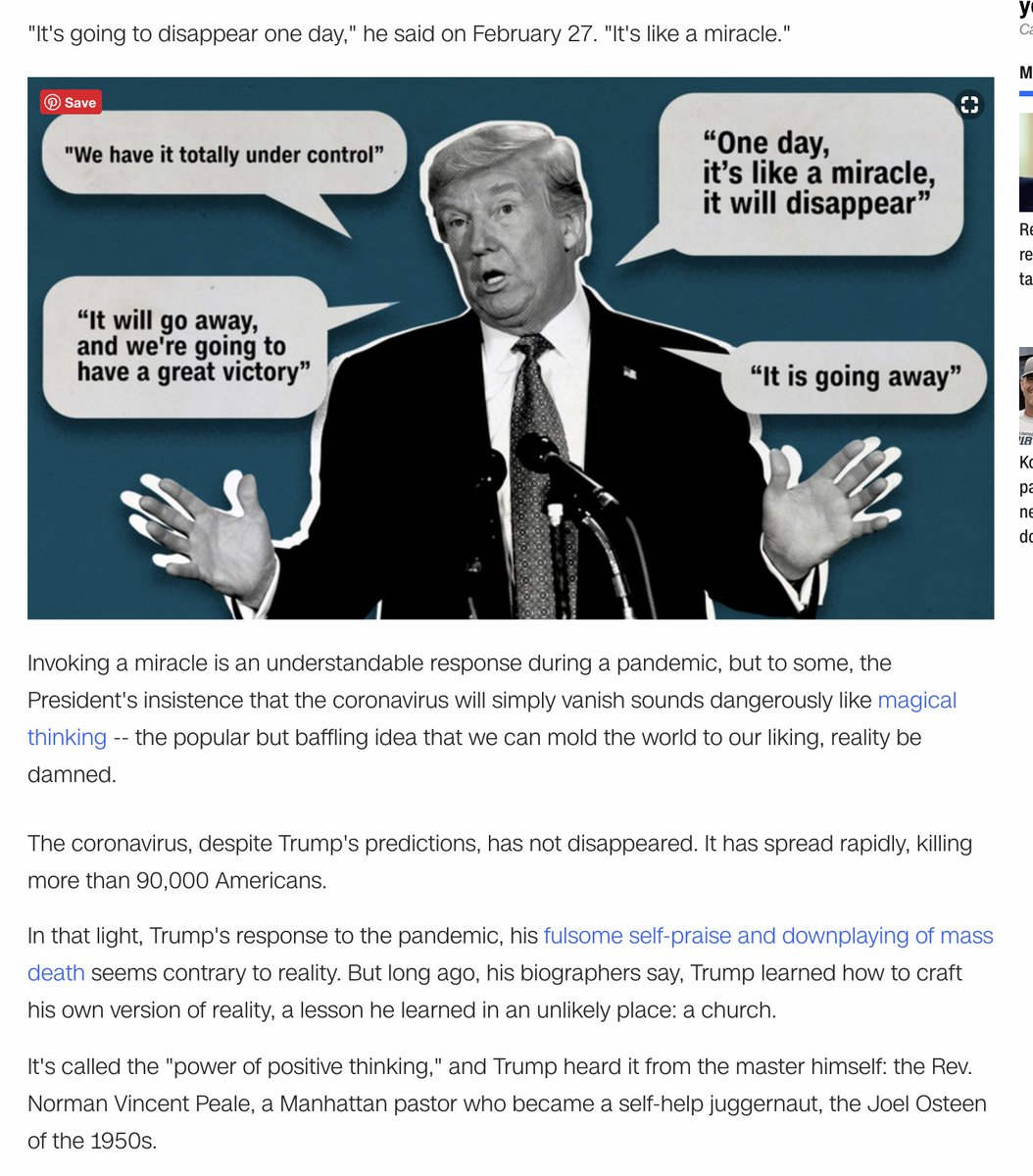Stories *might* get picked up nationally, but almost always they got picked up *from* local outlets that had already done that narrative work.
Initially, it was a way to build those relationships and also interface with reporters as they talked to each other about how to understand developing stories.
That read doesn't account for weaponized disinformation, though.
Local reporters are less and less likely to even cover a story if there isn't buzz about it, so you have to get buzz going *before* you're likely to get fact-accountable press coverage.
The more buzz you build for your story, the more it becomes a topic that disinformative bad actors will want to jump on and use to their own ends.
Basically, getting coverage means making your story vulnerable to disinformation before any fact-accountable media coverage happens.
Disinformative efforts, meanwhile, work to skew the narrative in an extreme way, creating a "middle line" that's radically different from the middle line on the ground.
Misinformation seeks to convince people of a counter-factual truth.
The goal of disinformation is to make people GIVE UP on figuring out the truth.
For a movement left that values honesty/truth, though, it's great. If we stick to those values, we have an edge over our dishonest opposition.
Misogyny is real.
Wealth inequity is real.
Pro-corporate corruption is real.
The whole oppressive hegemony we fight is real.
Our fight is to name and combat that hegemony and its sins, and when we do that the story of our fight is a reality-based narrative.
For that reason, a huge percentage of our work is the work of making sure those facts are highlighted publicly and recognized by as many people as possible.
Disinformation is all about convincing people to default to their least-informed understanding of reality.
The situation is even more dire when we start thinking about WHY disinformation gets deployed, who it serves.
(And btw, as much as class reductionists hate to admit it, capital is about a lot more than just money and class. It's about sociopolitical privilege as well.)
They don't want people to doubt all narratives, they want people to to believe a specific misinformative narrative about how great capitalism is.
Russia disinfo attacks on the US are about advancing the interests of Russia's preferred set of predatory capitalists.
Our big advantage is that our enemies are liars and that facts are on our side.
If no one believes in facts, though, we lose that advantage.
It only succeeds if they believe we can DO something to defeat capitalism.
That's why disinfo is so linked to accelerationism; people start to believe that the only way out is burning it all down.
Some may want to seize buildings rather than burn them down, but the underlying philosophy is always one of acceleration of and deepening of existing structural oppressive violence.
In the US, they lead with the acceleration and deepening of racist and xenophobic violence.
Always, though, acceleration/deepening of oppressive violence is a primary hallmark of fascism.
Disinfo artists and Nazis and fascists feed off each other and often wear each others' hats.
He's also a fucking Nazi and just great pals with a ton of Nazis who couldn't care less about Russia.
Is he a fucking Nazi who just takes advantage of existing Russian disinfo resources/networks to push his Nazi agenda?
To some extent both/and, but who knows how conscious any of this shit is.
I don't think he gives a fuck about helping Russia in any real way.
It would take two strokes of this guy's ego to convince him it was all just run-of-the-mill trolling.
Nazis are always to at least some degree accelerationists.
It's not surprising that Nazis like/push/eat up Russian disinfo, and it also doesn't mean Russia created contemporary US Nazi accelerationism.
Any movement or politics that affirms and embraces even one oppression is anti-liberatory, & therefore in conflict with our work.
For that reason, disinformation almost always pushes people to ignore/deny the realities that liberatory movement works to expose.
(And to be fair, liberal centrists have done a good job making it look that way)
The milkshake injury was a misinformative lie. It's easy to confront, because it can be shown as false.
It's not about purported fact, it's about making it impossible to believe the truth is ascertainable.
It's about getting us to throw up our hands and say, who knows.
We all know bots exist, that they come from somewhere, that Russia is linked to some sketchy stuff, but most of it is almost impossible to prove one way or another.
People like to imagine our life online is a edified exception, not the rule.
Disinformation isn't a niche problem. It's an everyone problem.
The working class isn't sitting in a bar that time forgot waiting for the local five o'clock news to tell them what's up.
News works that way now.
We worry about "dividing" the left and stay silent when dogmatic class reductionists cite/further disinfo that fits their narrow lens.
And if we let racist disinfo assholes use our campaigns to push their own invitations and silence ours, we're worse than screwed.
If even in this unprecedented moment we can't understand the incredible importance of the digital as a narrative arena and recognize our opponents within it, I'm pessimistic about our ability to grasp this reality ever.
They don't care about the injuries we incur.
They won't worry about preventing them.
Disinfo is a threat to liberatory movement, however inconvenient and messy a truth that may be.
We need to get better about recognizing it, and we need to get better about combatting it.
Otherwise, we're just volunteering to lose.




